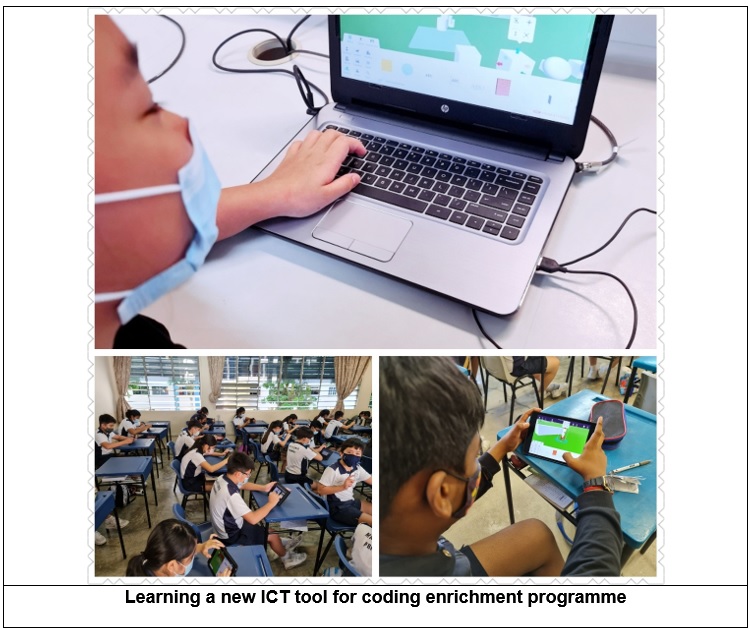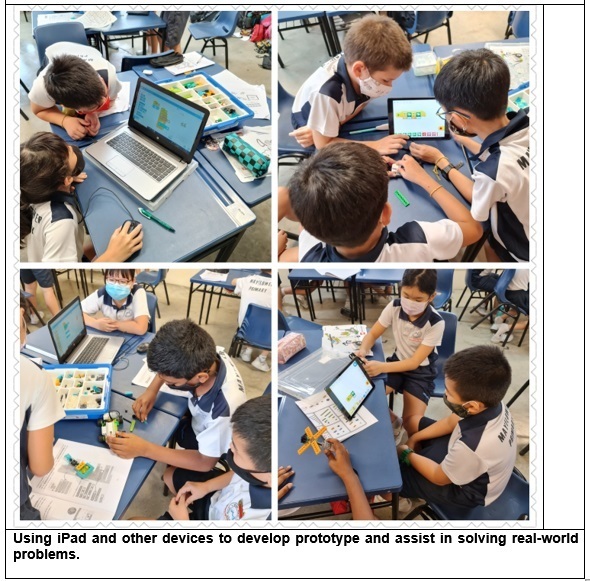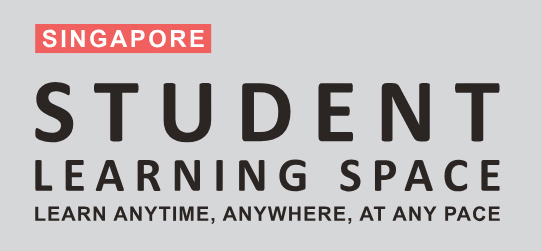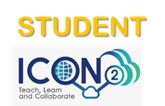ICT Learning Outcomes
ICT
Learning Outcomes
The ICT department seeks to actualise the nation’s call towards a SMART NATION by operationalising MOE’s 4th Masterplan (mp4) for ICT in Education and aligning them with the school’s Strategic Thrust (ST1): Future-Ready Students, Our Focus.
Students will be nurtured as Responsible Digital Learners and empowered with the basic level of ICT knowledge, skills and values to thrive in our technology-driven society.
As stipulated in MOE’s Baseline ICT guide, primary students will be able to:
-
Operate computers and applications in ICT-enabled learning environment
-
Search for information and communicate over the internet
-
Create a short document using a word processor
-
Represent tables of information in word processors and spreadsheets
-
Create a short presentation with multimedia elements
-
Collect data using ICT tools
Teaching Approaches
The ICT department adopts a spiral approach to the delivery of baseline ICT. Essential ICT skills such as touch-typing are revisited and built upon over time, noting progress of skills from the simpler to the more advanced
Department Programmes
The ICT department collaborates with other departments to ensure the delivery of the baseline ICT cum New Media Literacy course.
Starting from 2023, Primary 1 students will learn touch typing, image manipulation in Microsoft Word application and how to use search engines as part of the ICT department’s collaboration with the English and Mother Tongue department’s Reading Programme. In addition, both Primary 1 and 2 students will be exposed to ICT tools such as Padlet, Garage Band and sound recording tools in the SLS, during Art and Music department programmes.
All teachers will deliver the baseline ICT cum new media literacy course from Term 1 to Term 4. The table below presents a brief overview:
Primary One to Primary Four
Media Literacy (Term 1 to Term 4, Y2024)
|
Target Group: |
All P1 to P4 students |
|
ICT Learning Objectives: |
Students will perform basic ICT operations, access digital resources and develop 21st Century Competencies (CC), design thinking skills and computational thinking skills. |
|
|
Primary 1: SLS, Zoom, Touch-typing, Internet web-browsing
|
|
Specific Learning Outcomes |
|---|
|
1. Perform basic ICT operations |
|
2. Use digital resources from specified sources (learning with searches) |
|
3. Type, edit and format short sentences (learning with text) |
|
4. Produce and manipulate multimedia content (learning with multimedia) |
|
5. Communicate ideas confidently and present information accurately with the use of technology (21st Century Competency) |
Cyberwellness
Cyber Wellness lessons are conducted during Form Teacher Guidance Periods (FTGPs) for all Primary One to Primary Six classes. The themes covered include:
-
Cyber Citizenship
-
Cyber Identity
-
Cyber Relationship
-
Cyber Use
Leadership Development: ICT Captains
Since 2010, two ICT Captains from each class are nominated by their Form Teachers. The role of an ICT Captain is to be an ICT assistant to the teacher and to be an ICT role model and buddy to their peers.
The roles played by an ICT Captain includes:
-
Assisting subject teachers with the necessary ICT equipment such as iPads collection, distribution and transportation for online lessons in class.
-
Assisting their classmates with SLS log-in, internet search and basic troubleshooting for log-in issues
-
Modelling, handling and cleaning of ICT mobile devices with care.
-
In the Computer Room, ICT Captains will assist to maintain discipline and ensure that the class observes Computer Room rules
Photos of students in Coding Programme


|
Useful Links |
|
|---|---|
|
1. Parents' Gateway
|

|
|
2. Student Learning Space
|

|
|
3. Student ICON Helpdesk
|

|

